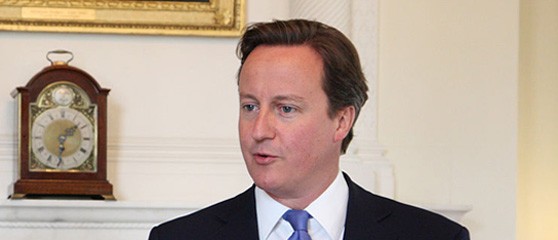I wish that I could say it was an exciting time to work in the drugs field, but sadly when we compare it to reform progress on the international scene, the domestic drug policy landscape is both a scandal and a tragedy.
In 2014, there were nearly a 1,000 heroin and/or morphine related deaths, a 64 percent increase on two years ago, and the highest number since records began. Yet, politicians continue say that our "drug policy is working, drug use is falling" while willfully turning a blind eye to these disgraceful figures. The media pick up on these trends, but by and large fall short of condemning government policy for its obvious failings, highlighting a disregard for the lives of those who are some of the most vulnerable in our society.
It is clear to us at Release that when deaths are increasing, the treatment field is becoming more politicised — and in some cases more punitive in its response to people who use drugs — and when we are continuing to needlessly criminalise tens of thousands of people needlessly every year, then our drug policies are failing.
I say "needlessly" because this is what Home Office officials have essentially stated in their own 2014 report Drugs: International Comparators, which found that there was no relationship between "the toughness of a country’s enforcement against drug possession, and levels of drug use in that country." The day the paper was launched there was a Parliamentary debate on the Misuse of Drugs Act 1971 organised by Caroline Lucas MP and supported by a number of NGOs including Release. Some 20 MPs attended, a derisory fraction of the 650 total number of MPs. A demonstration of contempt for those most damaged by our drug laws? Perhaps.
And whilst people die, or become sick, or end up in prison we hear that the policy is working, the government only interested in the debate when they want to appear tough on drugs. But we know that it is not tough on drugs but on people, people who should be treated with dignity and respect whether they use problematically or recreationally. We know criminalisation can push people further away from services that reduce harms and we know that young people are at greater risk because of poor drugs education and advice, inadequate harm reduction responses, including a lack of drug testing schemes, and because a criminal record can be devastating for future employment and education opportunities.
All of this for what, exactly? Because the criminal law has a deterrent effect? Well, even the Home Office knows that is not true.
In 2016 the UK will have a new drugs strategy and member states of the UN will gather in New York to discuss the international drug control framework. Other countries are exploring alternative policies to the UK with far better health and societal outcomes — many of those countries who have ended the criminalisation of people who use drugs do not have the levels of drug-related deaths we have, for instance. We will continue to fight for the rights of people who use drugs and to push the debate.
And to those at the forefront of this problem, the people we work with, those who access our services and those who contribute to our campaigns, all I can say is that it is humbling to hear your stories and devastating when we see the full impact of this awful policy environment on your lives. We will do everything we can to mitigate the harms of politicised drug laws and work toward achieving evidence-based policies that will ensure better outcomes for all.


